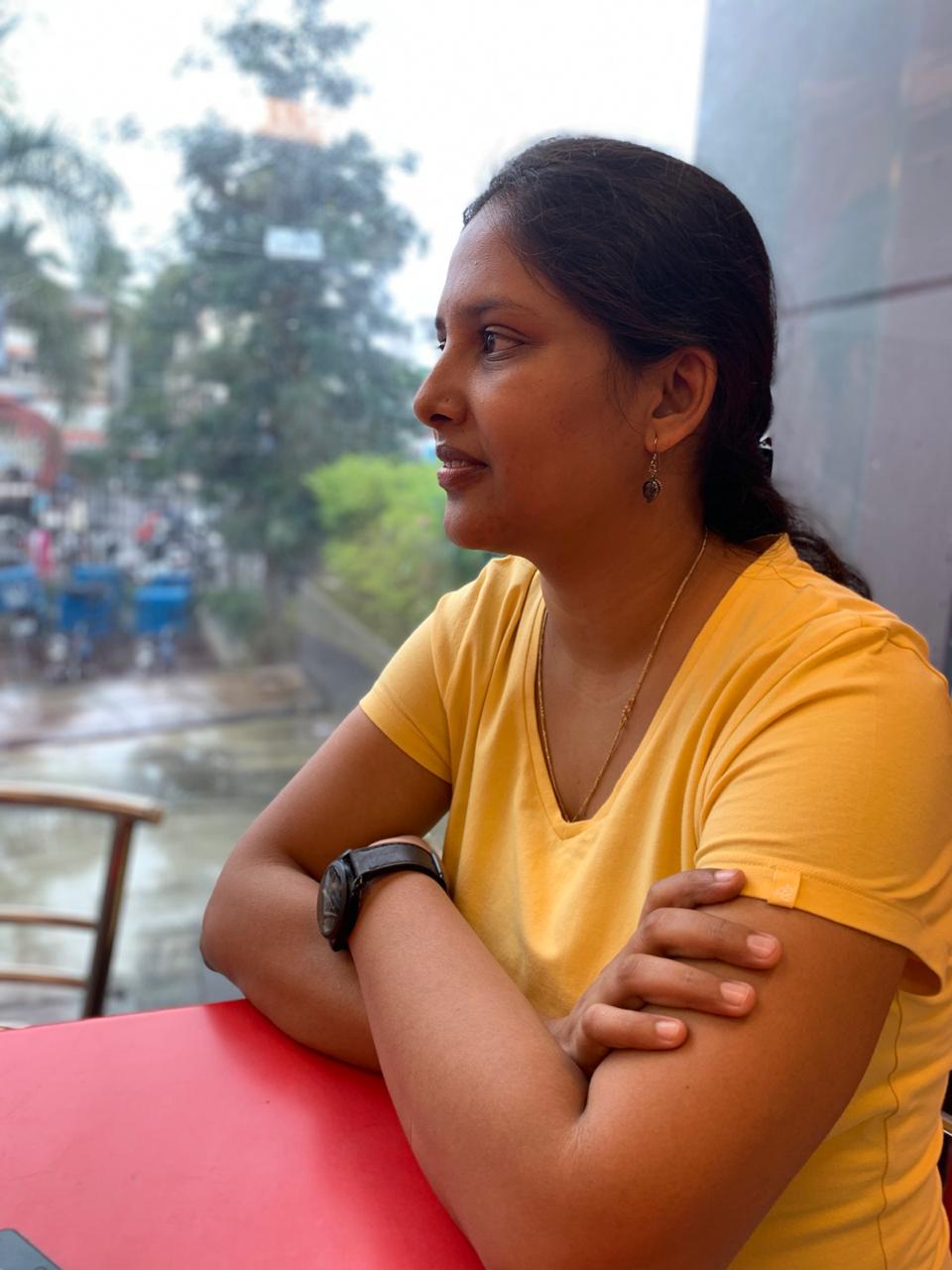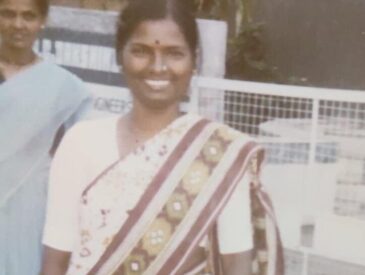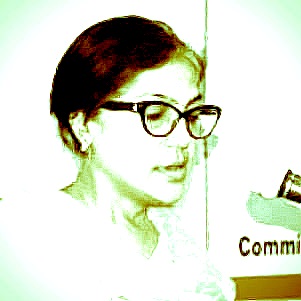Minal Sangole
 Based on the reflections and discussions with colleagues in the field of education, I attempt to engage with the issues that have arisen after the MHRD sought feedback on its Draft Education Policy 2019.
Based on the reflections and discussions with colleagues in the field of education, I attempt to engage with the issues that have arisen after the MHRD sought feedback on its Draft Education Policy 2019.
I have included a number of points that I have heard being made that also resound with my own views. The subjects that I deal with in this article concern higher education, reservation, and language politics from the standpoints of caste and gender.
The draft policy sends mixed signals. The draft says that it is built on the foundational principles of access, equity, polity, affordability, and accountability. Now, can one ask for anything more? It seems to be just perfect! However, when one proceeds with the 450 plus pages, it just seems to be a draft of intent. An intent of tokenism, nationalistic gushes, full of abbreviations and “n” number of bodies, undefined merit, and futuristic aspirations without addressing the practical nitty-gritty and realities of the country.
The context, ideology, value framework, and the rationale of the policy is missing in the entire document. Further, nationalistic aspirations for economic development have added neo-conservatism and neo-liberalism to the policy. It is very clear that the document is not centrally guided by principles of equality, liberty, fraternity, and social justice. The draft policy came as a restructuring of the system, but in actuality, its hidden intent is to change the philosophical underpinnings of the system.
At the outset, the policy draft says,
The contents of the languages, literature, history and the social sciences will incorporate discussions particularly aimed at addressing ethical and moral principles and values such as patriotism, sacrifice, non-violence, truth, honesty, peace, forgiveness, tolerance, mercy, sympathy, equality and fraternity.
The sequence of values gives a clear hint of the mindset and approach towards the constitutional values. There are points that seemed just too good but contradictory to the positions and actions of the present government.
It is appreciable that the present draft proposes an extension to the Right To Education (RTE) Act, from three to 18 years, as it bears the possibility to increase the enrolment rate of girls and reduce their dropout. However, the draft lacks clarity on how to reduce gender disparity, especially in rural regions. Ironically, there is also gender disparity in the membership of this drafting committee, one woman to six men.
It is appreciable that the draft has proposed the tenure track system of hiring teachers. It will make teachers be on a three years probation (which is still a point of contestation) followed by performance-based confirmation. This should also be extended to hiring assistant and associate professors in higher educational institutions. For the vertical mobility of teachers and professors, the criterion of ‘inclusivity’ should include the number of Dalit and Bahujan students guided, supported, with social sensitivity towards socially backward communities, gender and other elements existing in the social fabric. In the current system, most Dalit and Bahujan teachers and professors are able to avail only short-term contracts. There is no section in this draft that talks about regularising of these teachers and professors.
In India, education falls under the purview of fundamental rights guaranteed in the constitution. Since it is in the concurrent list, both centre and state are entrusted to legislate. The need for programs such as ‘each one teach one’, to support the educational needs of at least one student, is essential. The budget allocated for programs such as cow protection and building statues could be diverted to education.
Language
In a way, the present draft seems progressive asserting for the first time that English should be taught in all the public schools across the country. Since the Nehruvian era, Dalit and Bahujan students had been deprived of being taught English in government schools. The draft spends considerable time in lamenting on, how teaching English is a misguided endeavour in India! It has given primacy to English for two reasons a) to masquerade the legitimation of Hindi, and b) because it is the only language to bring class mobility. The proposal of the ‘three-tier language’ suggests inclination towards identity and power. Nevertheless, as English has been a bridge language for a diverse linguistic country, I suggest there should be two-language policy – English and mother tongue.
Attitude towards caste
There is no mention of the word caste in the draft. The tokenistic mention of Scheduled Caste as a category comes in a section of chapter six, which is specific to school education. The committee has changed the constitutional terminologies of the marginalized to Under-Represented Groups (URGs). Why aren’t they being specifically mentioned? They have talked about everything but caste discrimination. One of the panelists pointed out, “The policy draft was conveniently able to touch on some aspects of gender. They had to because there are women in every house but not every house has SC/ST.”
The draft policy talks of bringing back the liberal approach of education alongside the old (caste-based) education system to the 21st century. The hostility against reservation policy, structural discriminations, caste-based discriminatory practices, and institutional murders in schools and universities which are present realities do not find space in the draft.
Caste discrimination has been an important issue in higher education for many decades. Academicians, intellectuals, and activists from disadvantaged communities have been demanding to implement the recommendations of Thorat Committee Report and to enact Rohith Act. The effective silence and stubborn denial once again proves nothing but an erasure of the existence of socially disadvantaged communities and an attempt to assimilating them under the realm of Hindutva. The idealist position of the draft will not improve conditions until and unless strategies and effective mechanism are put in place to address the issues of marginalized sections.
Social Science under siege
There is no significance given to the social science discipline in this draft. It would have actually broadened the understanding needed to address socio-economic and political issues and concerns of the society. It limits the change aspects of education, turning it into an apolitical activity where critical and freethinking is excluded. While there is a mention of social science in school education, it is restricted merely to student’s individual development. Thus, the policy does not aim at social change but aims at affirming structures of oppression. The message of the Draft Education Policy 2019 is clear – the best way to progress is to not to engage and talk about social change.
It is evident that there is a strong push towards Hindu nationalistic sentiments while pursuing research. It was reflected a few months back when the HRD Ministry sent a circular that PhD scholars should choose topics in the areas of national priorities and irrelevant topics will not be permitted. It then went on to say that faculties would prepare a list of topics for scholars to choose. It is a feudal directive that curtails democratic values and infringes on academic freedom. Who is going to decide, what are relevant and irrelevant topics? What will happen to those that do not fall into the category of ‘National Interests’? The representation of faculties from Dalit and Bahujan communities is already abysmal in many universities. Such control on freedom of expression and academic choice will mute the voices of the socially disadvantaged sections and help the dominant groups to push the narratives of their interests.
The draft says that a new body called the National Research Foundation (NRF) will be established, which will offer 500 national postdoctoral and 500 national doctoral fellowships through a national selection process. At present, the UGC funds fellowships just for PhD scholars for social sciences and humanities through programs like the Maulana Azad National Fellowship, National Fellowship for SC students, National Fellowship for ST students, and National Fellowship for OBC students which cater to 1000, 2000, 750, and 300 students respectively (4050, in total). Will these fellowships be canceled in the new system? The statements such as “grants will be provided to those research projects that are important” is a serious case of concern for the scholars. Who will decide? What will be the criteria? Is this a way to curtail fellowships at a larger scale? There is no clarity on how the NRF will ensure social diversity and inclusivity while awarding fellowships. Likewise, ICSSR has a provision of awarding grants for research projects to women from socially backward communities like SC/ST. The present draft fails in comprehending and accommodating the already established institutions and processes which cater to the aspirations of the social categories legitimised by the constitution. There is no mention of the role of the bodies like ICSSR, ICHR, and ICPR and so on. Will they all just vanish?
The draft in the present form lacks in-depth qualitative data on social issues that have been haunting the Indian education system. It lacks references, does not incorporate points from current debates. A critical analysis would show that there is no need to have a new education policy that lacks the correct diagnosis of problems and challenges of the present system. Unless the government assesses the reasons behind past policy failures, implementation gap, and makes conscious efforts to address them besides bringing in diversity and ensure inclusivity, this draft policy is of no use.
~~~
Minal Sangole is a PhD scholar from the Tata Institute of Social Sciences, Mumbai. Her research interests largely involve caste identity and dynamics of gender relations with a particular focus on higher education.
~
This article was previously published on Round Table India


